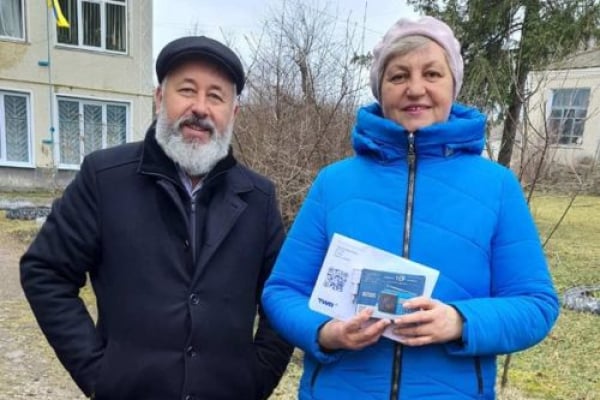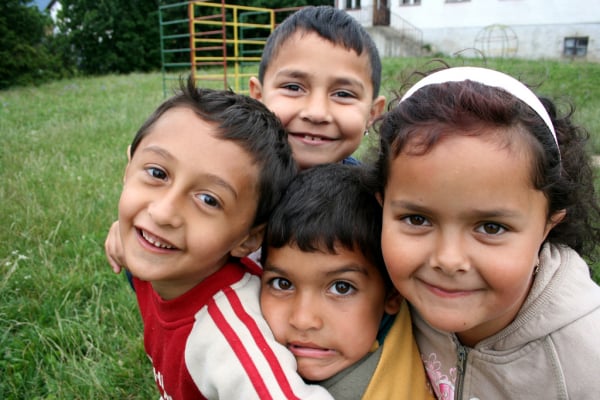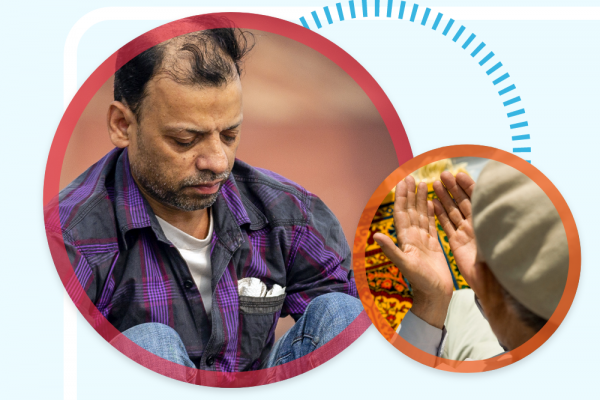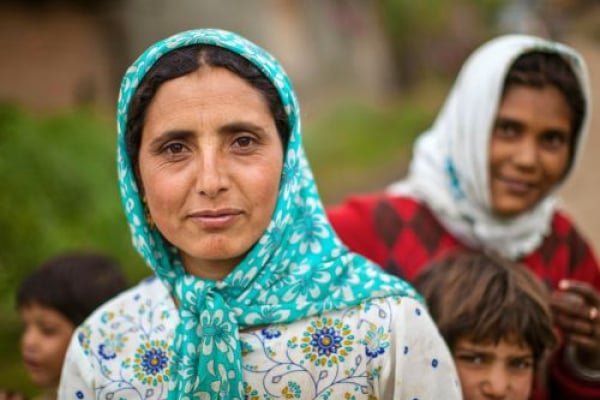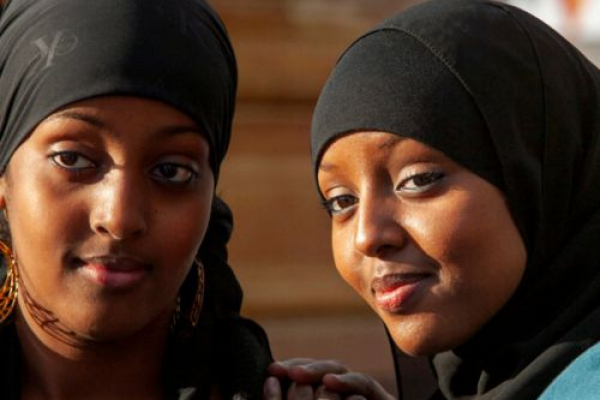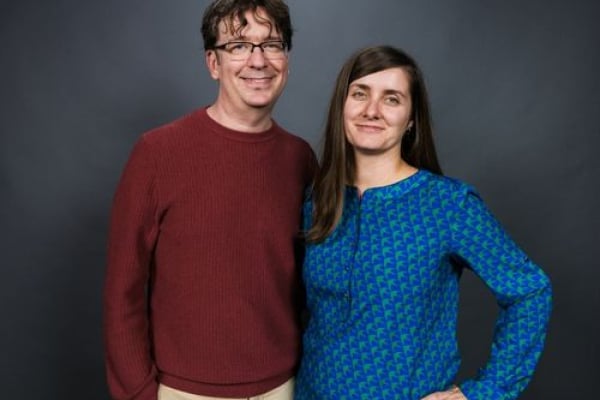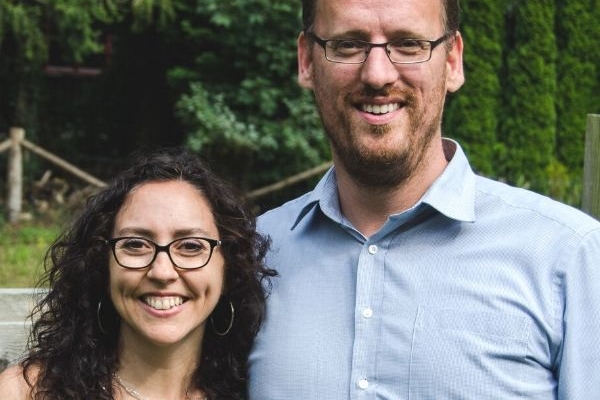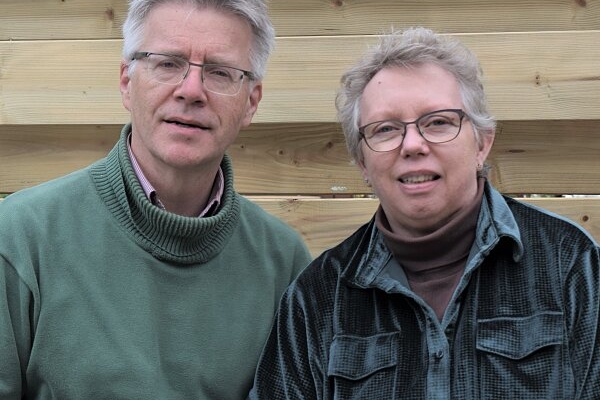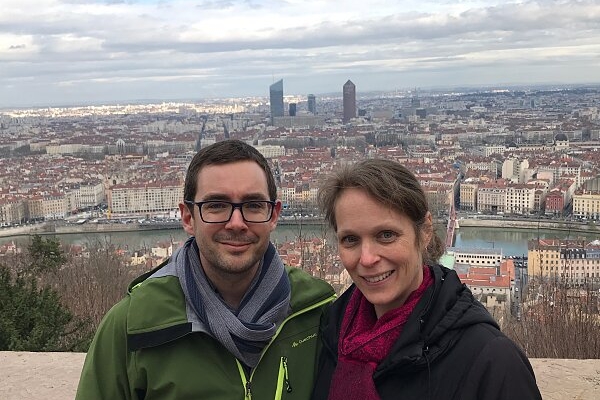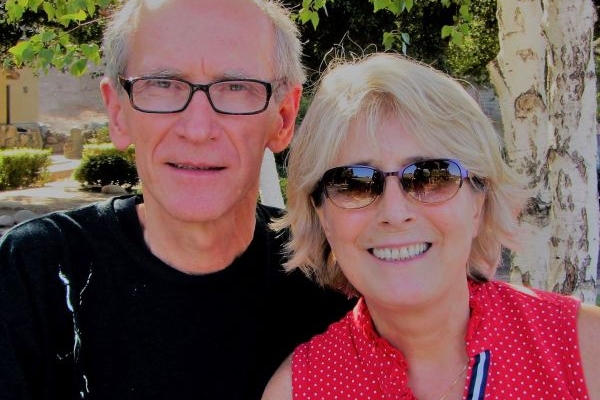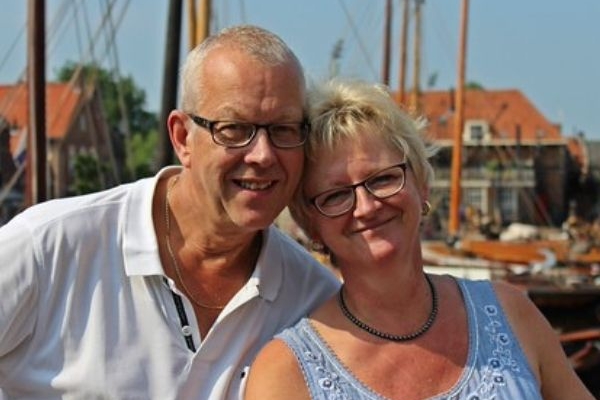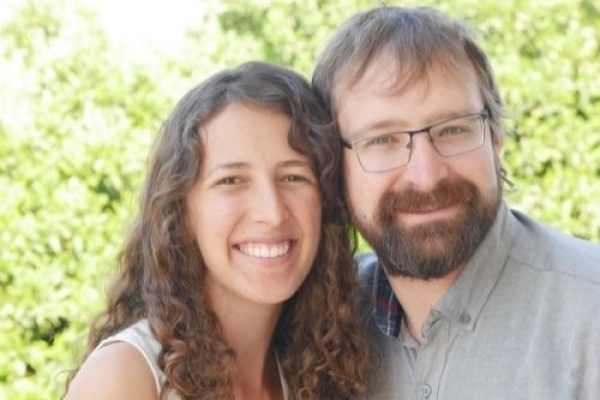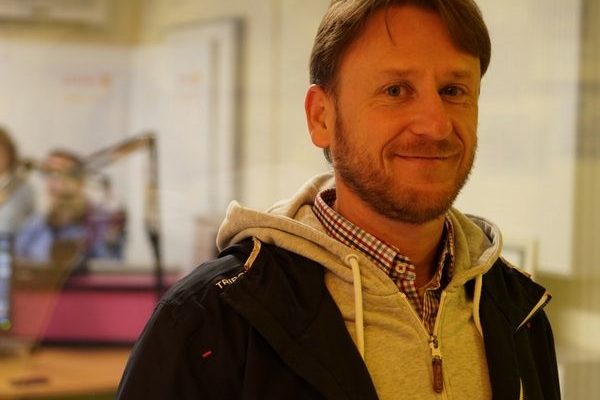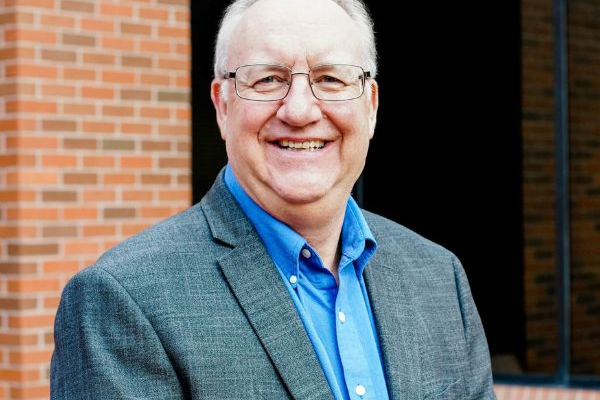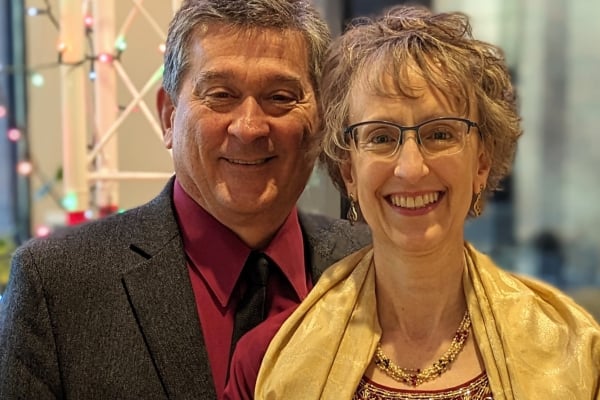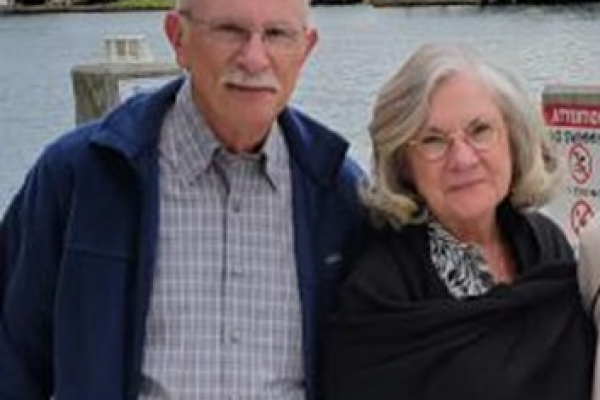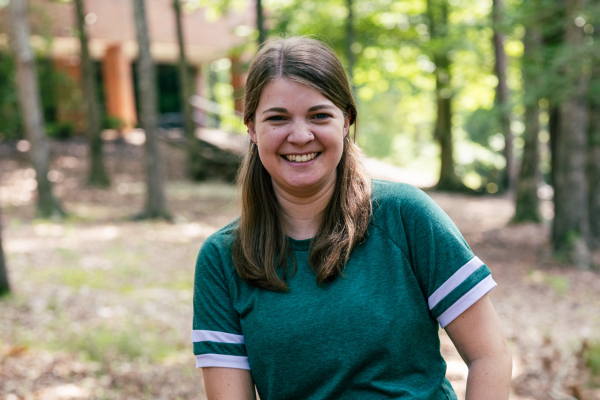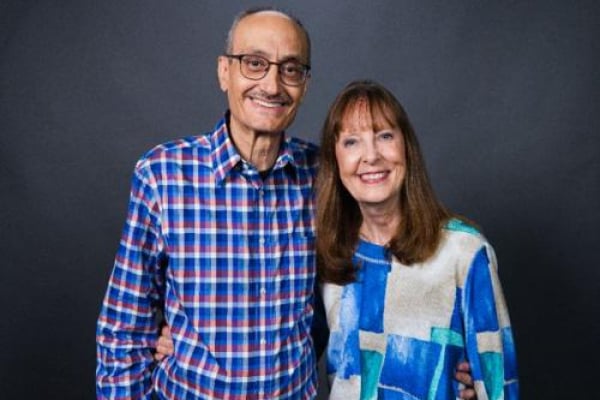
It’s a Miracle When a Tatar Finds Jesus
[Estimated reading time: 6 minutes]
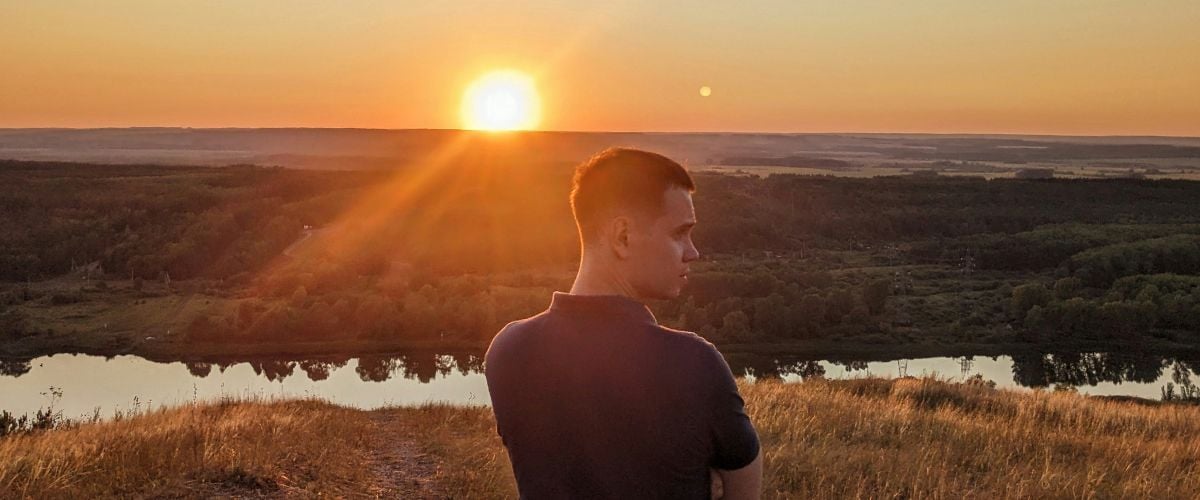
Of the 5.7 million Tatar people worldwide, only 2.58% know Jesus, but TWR is endeavoring to reach them for Christ.
Ildar* climbed up to the stage with flowers in hand to propose to the woman he loved. Venera* had just finished performing a traditional Tatar dance at a local beauty competition. When she fixed her eyes on Ildar, her joy brought her to tears. She said yes.
Moments later, the announcement came: She had won the competition! “Introducing Miss Tatar, from the town of …”
Ildar and Venera grew up in Tatarstan, a republic of Russia and home to the largest community of Tatars. Married for many years now, they are involved in Christian media ministry despite the challenge.
“To be Tatar is to be Muslim,” said Ildar. “It is a miracle when a Tatar finds Jesus.”
In fact, both Ildar and Venera were raised in Muslim families. It wasn’t until Ildar began comparing the Bible with the Quran that he discovered the truth of the gospel. When he told his mother he was a Christian, she told him that he was no longer her son. Her strong emotions have eased over the years, but Ildar still experiences social pressures because of his faith.
 Venera explained how strong the link is between the Tatar identity and Islam:
Venera explained how strong the link is between the Tatar identity and Islam:
“You should understand that Tatar equals Muslim. I have a very common Tatar name and, for example, in my classroom at school, there could be three people with the same name and everyone knows that it’s a Tatar name. But if I wear a cross, they look at me and ask, ‘Are you Russian?’ My mother never told me that a cross is bad or that Christians are bad, but we took it as something in our blood that we are not Christians. When I was a child, I was afraid to even look at crosses.”
Venera's family interpreted the tough times she went through after becoming a Christian as divine punishment for following Jesus. Though this troubled Venera, she stayed firm in her faith.
Today, Ildar and Venera are leading TWR’s Tatar ministry. They boldly present the gospel to Tatars in ways that don’t provoke instant defenses. For example, the name Jesus Christ is perceived by Tatars as the Russian God because of the deep roots of the Russian Orthodox Church. So it’s important to refer to Jesus with culturally relevant names such as the Creator or Isa (the Arabic translation of Jesus).
“If you don’t, you lose their attention,” said Ildar. “It’s also very important to use the Tatar language because it’s an open door to their hearts.”
In Tatarstan, many schools teach in Russian, and many Tatars speak Russian with one another in the cities. But when content is created in the Tatar language, using traditional Tatar designs and music, it forms a direct connection within the community. For example, the Tatar Bible, completed in 2015, has a gold foil cover design that resembles traditional Tatar folk art. These details are important in contextualizing Jesus’ message for the culture.
The choice of media format also matters. For example, a lot of Tatars buy the Tatar Bible on a popular Russian website. It's important to have a strong online presence in the digital spaces where Tatars commonly go.
“Two thousand years ago, people would go to marketplaces in the local town squares to meet other people. It’s exactly like that except digital,” said TWR’s director for Russian ministry initiatives.
Who are the Tatars?
Just who are the Tatar people? Well, it’s complicated. They’ve been described as “the largest Russian minority” and “a Turkic ethnic group,” but their story is too colorful and intriguing to capture in a one-liner.
You see, the term Tatar is somewhat shrouded in mystery. This is because various ethnic groups have been called Tatars throughout history, and it can be difficult to find a common ancestry. The simple story, however, is that the Tatars started out as nomadic tribes in Mongolia, eventually moving west to form the Mongol Empire and later become the Golden Horde.
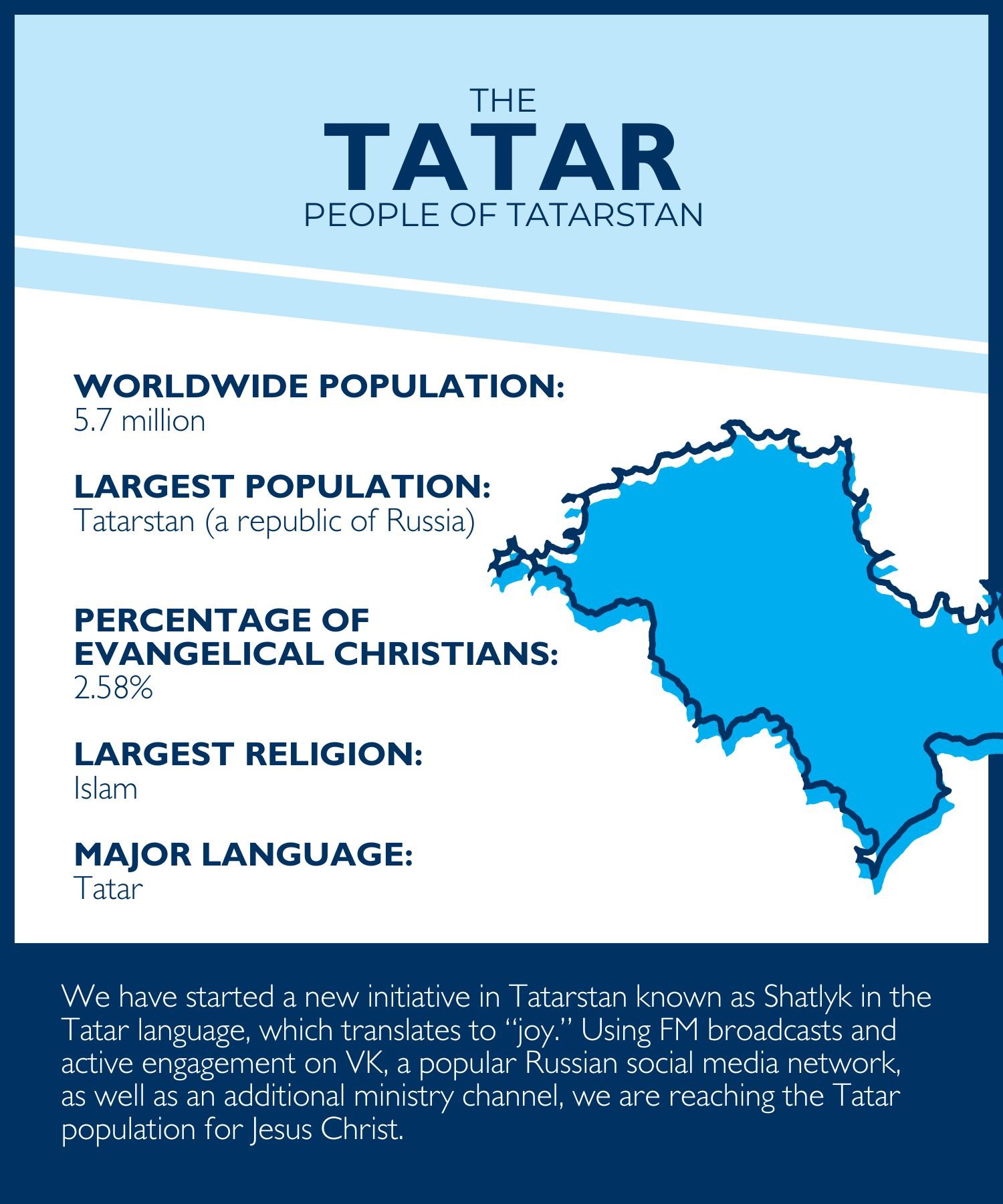 Today, Tatars are divided into subgroups named after their geographical locations. While most Tatars live in or around Tatarstan, a republic of Russia, they also live in places like Azerbaijan, Ukraine and Kazakhstan. Various dialects of the Tatar language exist, with Kazan Tatar being the type spoken in Tatarstan. Curiously, in some urban areas, nearly one-third of Tatars claim Russian as their mother tongue, according to Joshua Project.
Today, Tatars are divided into subgroups named after their geographical locations. While most Tatars live in or around Tatarstan, a republic of Russia, they also live in places like Azerbaijan, Ukraine and Kazakhstan. Various dialects of the Tatar language exist, with Kazan Tatar being the type spoken in Tatarstan. Curiously, in some urban areas, nearly one-third of Tatars claim Russian as their mother tongue, according to Joshua Project.
Islam is the main religion, especially in Tatarstan, where it has deep roots. Yet Tatars practice a light version of Islam in which prayer times are scheduled so that they don’t interfere with work, says Joshua Project.
Many Tatars practice Sabantuy, or “festival of the plow,” which began in a pre-Islamic pagan era. Through festivities like dancing, horse racing and wrestling, Tatars display their age-old traditions.
Two rivers merge in Tatarstan: the Kama and the Volga. Similarly, two religions meet: Islam among the Tatars and Orthodox Christianity among Russians. Sadly, many Tatars don’t see Christianity in a good light due to the way the Russian Orthodox Church used coercion tactics in past centuries, as noted by Joshua Project.
One thing is certain: More help and resources are needed to spread Christ’s message to the Tatar people.
A new digital initiative
Led by Ildar and Venera, who have a passion for sharing Christianity with Tatars in simple, accessible ways, TWR is now developing digital content for Tatars.
Venera shared from her heart:
“I see how unbelievers are trying to solve their stress and problems through spiritual things like meditation. If we don’t tell these people about the real God, about real spirituality and God’s love, they will never know about it. That’s why this project is special. At first glance it might not look specifically religious because my goal is to not be in a religious box, so that unbelievers can understand the content. So I use very simple words and ideas.
“At first, people can read posts that help them solve their issues by meditating on the true Creator. When they read our posts, they can sign up for an online course to find out more about Jesus and how to communicate with God.”
One way that Ildar and Venera are starting spiritual conversations with Tatars is by asking for prayer requests. When people show more interest in God, they connect them with a local church and give them Tatar Bibles.
One man wrote to Ildar, saying, “I want to know God and I want him to change my life.” Ildar talked with him, sent him a Bible and connected him with a local church.
In the first year of ministry, 31 people have received Bibles, nine have accepted Jesus, 13 have been connected with local churches and thousands have engaged with the digital content.
Each time a Tatar becomes a believer in Jesus, it’s a miracle. Pray that Ildar and Venera find more Tatar believers who will minister alongside them for the sake of the cross.
* Names changed for security
Images: (top, banner) Of the 5.7 million Tatar people worldwide, only 2.58% know Jesus; (top, left) a crowd walks through the streets of Kazan in Tatarstan; (middle, right) facts and figures gathered from TWR and Joshua Project.

